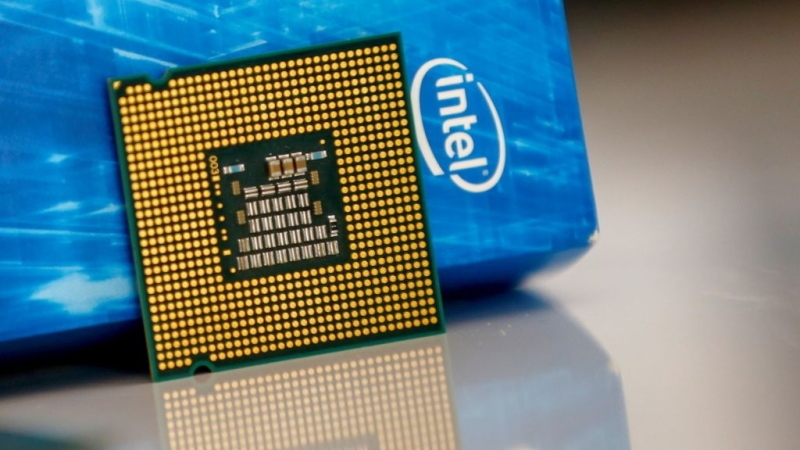An anti-communism organization has accused Intel Corporation of being complicit with regard to Beijing’s surveillance and human rights violations in China. Intel declined to comment to California Business Daily on the allegation.
The Corporate Complicity Scorecard, funded by the Victims of Communism Memorial Foundation and Horizon Advisory, is "an assessment of U.S. companies’ exposure to military modernization, surveillance and human rights violations in the People’s Republic of China.” Intel's overall Corporate Complicity Scorecard grade is an F. Intel manufactures its products in China while also sharing its technology with them. Moreover, Intel invests in Chinese technology firms with links to the government's military. Its technology is also used in monitoring operations in Xinjiang.
“We will decline to comment on this report,” Intel senior director of corporate communications William Moss told California Business Daily in an email.
California-based Intel established a Beijing office in 1985. Since then the company's footprint has grown to 17 campuses, at least two production facilities and several innovation and R7D centers across China. The technology manufacturer’s footprint in China is vast, including partnerships with the government and its military for production, research and development.
Intel has collaborated with Chinese government research institutions to develop and implement surveillance technologies benefiting the military for its military-civil fusion strategy. This strategy opens a pathway for technological innovations, developed or obtained through the private sector, to enter Chinese military utilization.
In 2002 the Asia Pacific Application Design Center (Shenzhen), was established by Intel to develop and support China's computing and communications industry. Upon opening of the center, Intel’s chief technology officer characterized the new center as a “concrete manifestation of Intel’s long-term commitment to supporting the development of China’s information industry.”
Intel, critics say, is entrenched in working with China's Ministry of Industry and Information (MIIT), which is tasked with implementing China’s military-civil fusion national strategy. The military-civil fusion strategy is a pathway for technological innovations, developed or obtained through the private sector to enter Chinese military utilization.
Further, Intel has a partnership with the Chinese Academy of Sciences Institute of Automation (CASIA). CASIA works on intelligent perception, transmission technology and big data processing technology. Its technologies have military and surveillance applications, some of which have been deployed to monitor residents in cities and in the Xinjiang region.
Other investments include one with China Electronics Corp., which has been identified by the U.S. Department of Defense as having ties to the People's Liberation Army, China's military.
Intel purports to battle forced and bonded labor by creating a system to detect and address risks of forced labor among their suppliers. However, the company admitted in a December 2021 report that “many challenges exist [in] combatting issues related to forced and bonded labor.”
“We have worked to build a strong system to detect and address risks of forced and bonded labor among our suppliers and their recruiting and labor agents,” Intel states on its website. “We are scaling our supplier responsibility programs to ensure respect for human rights for vulnerable workers deeper in our own supply chain and across industries.”

